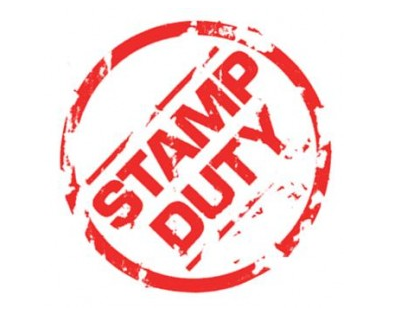Tim Farron is in an unique position because his sprawling constituency traverses two iconic national parks – the Yorkshire Dales and Lake District.
Yet, while he is still remembered by some for his shortlived leadership of the Liberal Democrats, he’s re-energised himself as pre-eminent rural campaigner.
He was amongst the first to highlight the impact of, first, shambolic rail services, and then Covid, on the tourism industry.
And now long-held concerns about availability of housing have prompted calls for online rental firm Airbnb to be subjected to tougher regulations in the public interest.
Mr Farron’s point is a profound one – how can it be morally right for Airbnb to advertise properties for tourists that are only available as a result of landlords evicting previous tenants using controversial Section 21 notices?
This reported exploitation of the law to evict tenants in order to profiteer and make more money from holiday lets may make sense to the property owner; this ‘racket’ does little to help the longer term sustainability of National Parks.
After all, families don’t just flock to the Dales and Lakes for the unrivalled scenery; they do so because of the careful stewardship of these landscapes and quality of hospitality.
And if communities continue to wither as a result of local people no longer being able to afford a home to rent, or buy, the national parks will lose some of their allure with far-reaching consequences for the wider rural economy.
As such, The Yorkshire Post commends Mr Farron for exposing Airbnb’s business practices – and the firm’s apparent reluctance to investigate disputes.
It also needs to be the precursor to a debate about how to help rural areas adjust to life after Brexit and, hopefully, Covid, including a review of the taxes paid by second home owners and if their properties should be subject of planning controls when the terms of use change.
Farron has already set out a seven point plan to limit the number of second homes and make more affordable homes available for local families:
1. Make second homes and holiday lets new and separate categories of planning use. This would mean that councils and national parks would have the power to put a limit on the number of such properties in each town and village, protecting the majority of houses for permanent occupation;
2. Provide targeted, ring fenced finance so that planning departments have the resources to effectively police this new rule;
3. Give councils the power to increase council tax by up to 100 per cent on second homes in the worst affected communities - this would serve to protect those communities and it would also generate revenue that could then be ploughed back into their threatened schools and into new affordable housing for local families;
4. Force all holiday let owners to pay council tax, rather than avoiding paying anything at all if they are deemed a small business;
5. Give councils and national parks the power to ensure that 100 per cent of new builds are genuinely affordable;
6. Ban Section 21 evictions;
7. Ensure that platforms like Airbnb aren't allowed to cut corners and undermine the traditional holiday let industry, and have to meet the same standards as other rentals.








/HousesofParliament-3-400x310.jpg)






%20-%20IMAGE%20Client%20Accounting%20%E2%80%93%20what%20are%20your%20options.jpg)

%20(002).png)
.png)
.png)

%20(002).jpg)







Join the conversation
Jump to latest comment and add your reply
What a poor piece of journalism! The constant use of the term Airbnb is very wrong. There are many advertising platforms, not just Airbnb and it is the homeowner who is responsible for listing their property. Short term holiday rental platforms have no way to know the history of that property - there is no question asking 'did you serve a section 21 in order to make the property available for short term letting?' How does Airbnb 'cut corners and undermine the traditional holiday let industry?' They are merely an advertising platform relying on the information provided by the homeowner.. They do not come along in the dead of night and 'steal' a listing! In reality, by the time you have accounted for 'void periods' (no holiday lets are occupied 365 days a year) and paid for advertising and platform fees, cleaning and laundry between guests, council tax, income tax, gas, electricity, water, internet, repairs, and all the other outgoing attracted by holiday lets, there is generally very little difference in income over a 12 month period.
Cash is king. Not that I've looked, but planning control is where one ire is usually best placed because they are much little the timeless Little Britain gag, "computer says no".
They could make a start by checking the title to make sure it is the owner who is advertising the property. Too many let-2-let idiots in central London who do not care about the local community or their own reputation, some not even paying rent to the actual landlord. Pre-pandemic it was a nightmare in Marylebone and as soon as the pandemic hit, they all ran away-they will be back I am sure of it!
This government has consistently brought in changes to dissuade long-term rentals, e.g. removing the ability to claim mortgage interest against rental income. It would be better to encourage landlords to take long-term tenants with nice juicy carrots such as rolling back the mortgage interest and providing grants, than the usual approach of hitting them with the biggest stick possible and trying to make them out to be social pariahs.
This is called 'narrative'. Use of the media to further individual and collective agendas. With the way some of these articles are being presented I half wonder if Letting Agent Today and their parent company aren't a part of it.
Max, Well spotted !
Please login to comment